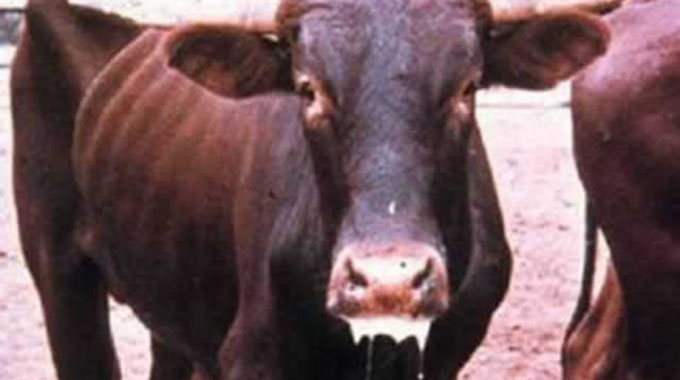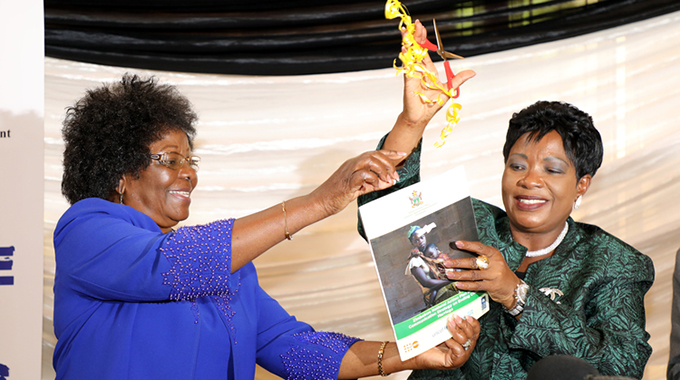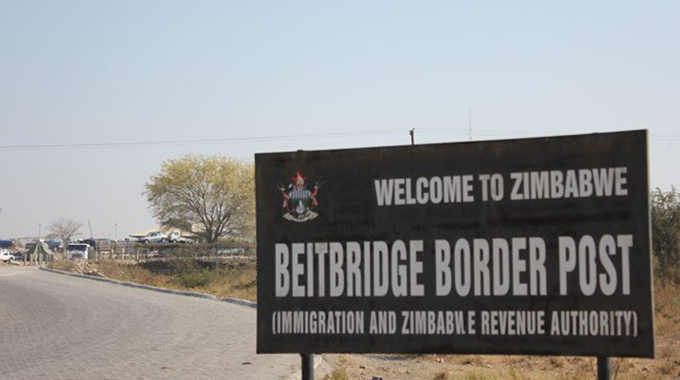Measures to contain foot and mouth underway

Kudakwashe Mhundwa Business Reporter
Government is working on strategies to reduce trans-boundary diseases with the aim of improving the national herd and to unlock value in the beef and leather value chains.
Zimbabwe was once one of the biggest beef exporters to the European Union and used to have an annual quota of special beef exports of 9 100 tonnes. However, Harare last sold beef to major markets in August 2001 after its US$2 billion export quota was suspended on the back of a foot-and-mouth disease outbreak that saw the European Union invoking stringent animal disease control regulations.
Although the outbreak was neutralised, sporadic incidences of the disease have been reported across Zimbabwe over the years. Authorities are, however, strongly pushing for better animal husbandry, breeding and pastures to boost beef quality.
The 2019 Zimbabwe Infrastructure Plan highlighted that Government’s thrust was on elimination of the foot and mouth disease and animal trypanosomiasis (nagana) which continue to pose a threat to the country’s export prospects to resume beef exports.
“Our quest lies on the need to increase the national livestock herd, quality of beef, growth of the leather value chain, including prospects for exports remain under threat from trans-boundary diseases such as foot and mouth and animal trypanosomiasis (nagana).
“In this regard, Government has embarked on a phased foot and mouth disease control fence programme to minimise cross boarder infection, targeting 1 595km of fence along the Gonarezhou, Hwange, Gokwe, Kariba, Mbire and Mudzi areas at an estimated cost of $31,9 million.
“During the 2019 Budget, an amount of $8 million has been allocated for the construction of 80km of fence along the Gonarezhou National Park as well as 281km to the northern side of the country from Angwa River in Mashonaland West.
“An allocation of $2,4 million has been made for the rehabilitation of 50 dip tanks across each of our provinces ,” said Secretary for Finance and Economic Development George Guvamatanga.
This comes as these sporadic outbreaks have shattered plans by several companies including Koala to export beef to the European Union and other foreign markets.
Koala is on record saying the company had plans to export beef to Europe and Botswana beginning early next year, but potential buyers have described the country as highly affected by the disease and may not trade in the next two years until the meat is guaranteed free of the disease.










Comments